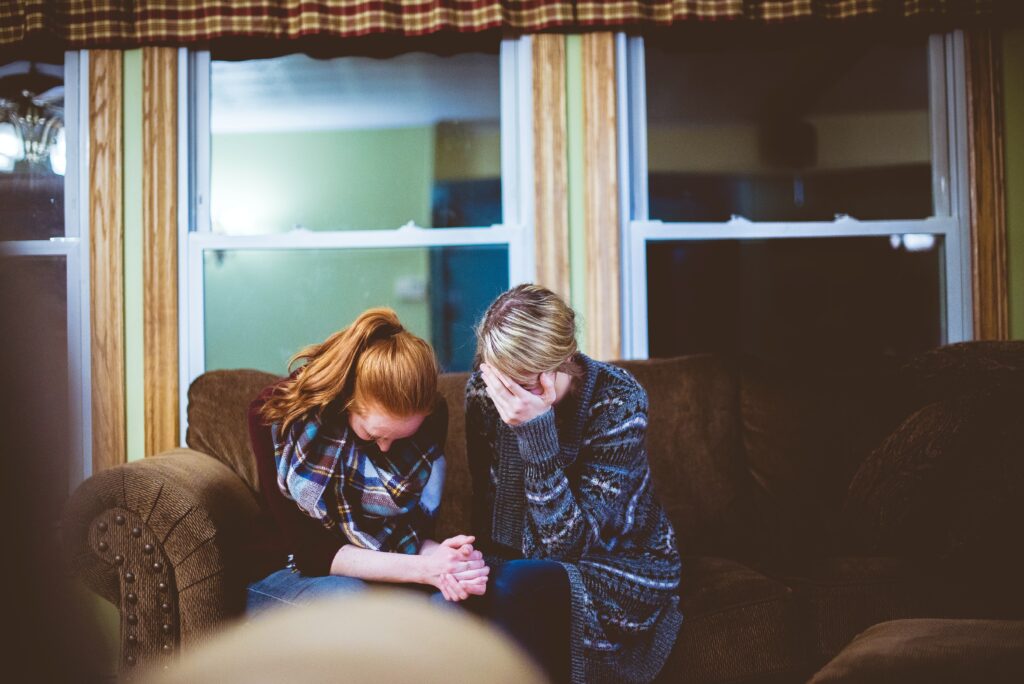We all will experience some form of loss or tragedy in our lives. Whether it’s the death of a loved one, the loss of an opportunity, or losing a part of yourself, you’ll find yourself navigating the process of grief.

Some people can process their grief on their own or with the help of friends and family, but others can’t—and that’s okay. Here’s how to identify some common symptoms of the grieving process and figure out if grief counselling could give you the support you need to heal and move forward.
Symptoms of Grief and Loss
Everyone deals with grief and loss in different ways, some of which are healthy and some not. Some process their pain physically, some emotionally, and others develop strange behaviors. You might experience a mix of these symptoms as you process your trauma:
- Feeling angry, anxious, depressed, or confused
- Intense loneliness and withdrawal
- Mood swings or irritability
- Denial, shock, or hallucinations
- Dizziness, racing heartbeat, hyperventilating, and difficulty sleeping
- Nausea and stomach upset
- Weight gain or loss
- Fatigue, apathy, and loss of interest
- Increased drug or alcohol use
Feeling a mess of emotions is completely normal after experiencing loss or trauma. But if these symptoms start to take over your life or you’re finding it hard to get back to normal, it may be time to take advantage of grief counselling. It could be a sign of persistent complex bereavement disorder or an indication of more serious mental health conditions.
What Is Grief Counselling?
Grief counselling pairs you with a licensed mental health professional who specializes in helping people through bereavement. While seeing a general therapist can still be of benefit, a grief counsellor is equipped to help you process the specific trauma that accompanies loss.
It’s especially important to see a counsellor if you’ve started to feel hopeless or develop suicidal ideations. Significant loss is one of the leading risk factors for suicide in Canada, and talking with an experienced grief counselor may help you find the strength you need to push through.
Grief Counselling Techniques
Because everyone processes their feelings differently, grief and loss counselling can take a variety of forms. Your therapist will meet with you one-on-one to help you talk through the pain you’re feeling and give you space to release your pent-up emotions. They will help you develop healthy coping strategies and transition into a “new normal”.
Some people find comfort in connecting with others who have experienced similar losses. As such, many decide to attend group therapy sessions, too.

If you hold emotional pain in your physical body, you may benefit from massage, acupuncture, or Reiki treatments along with counselling sessions. These methods can release the tension stored in your muscles and bring your energy back into balance.
Would You Benefit from Grief Therapy?
It’s alright to lean on others for support as you process a major loss in your life. If you aren’t sure you’ll be able to move on without help, it’s time to consider grief counselling.
At Crossroads Collective, our team of counsellors has experience with helping people through the bereavement process. Book an appointment with us any day of the week to get started on your healing journey.

